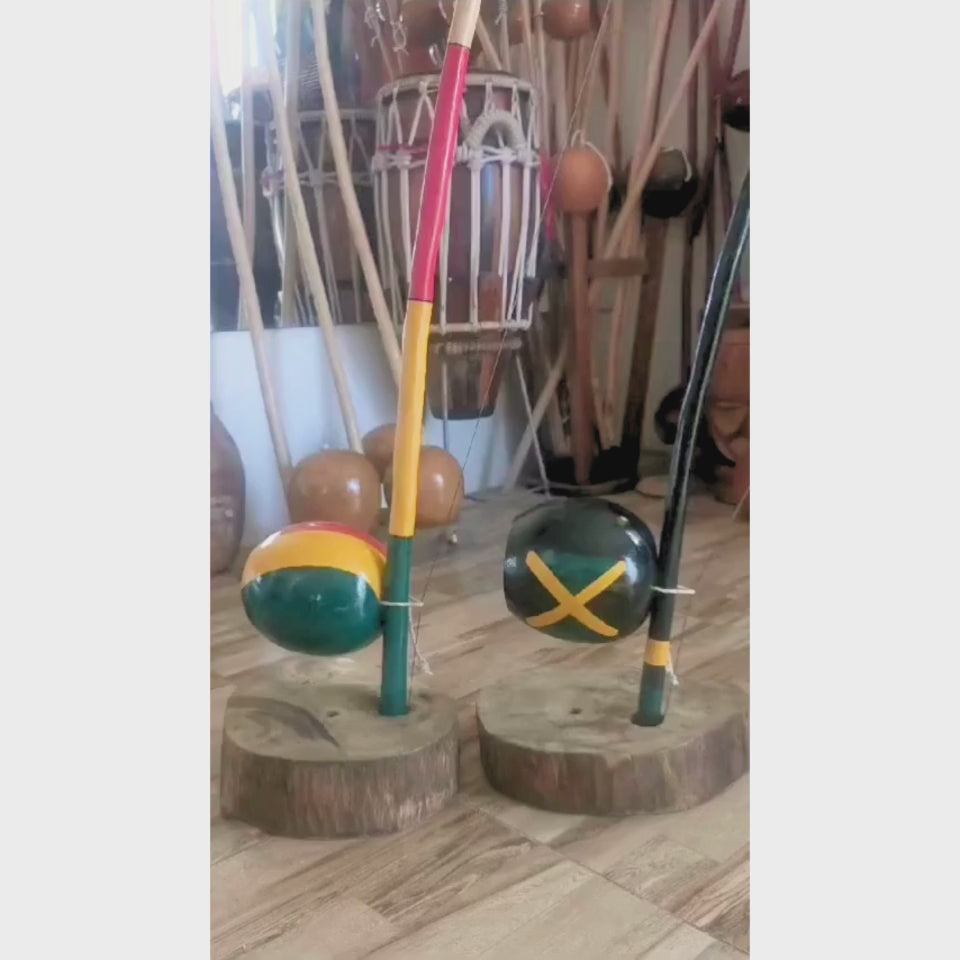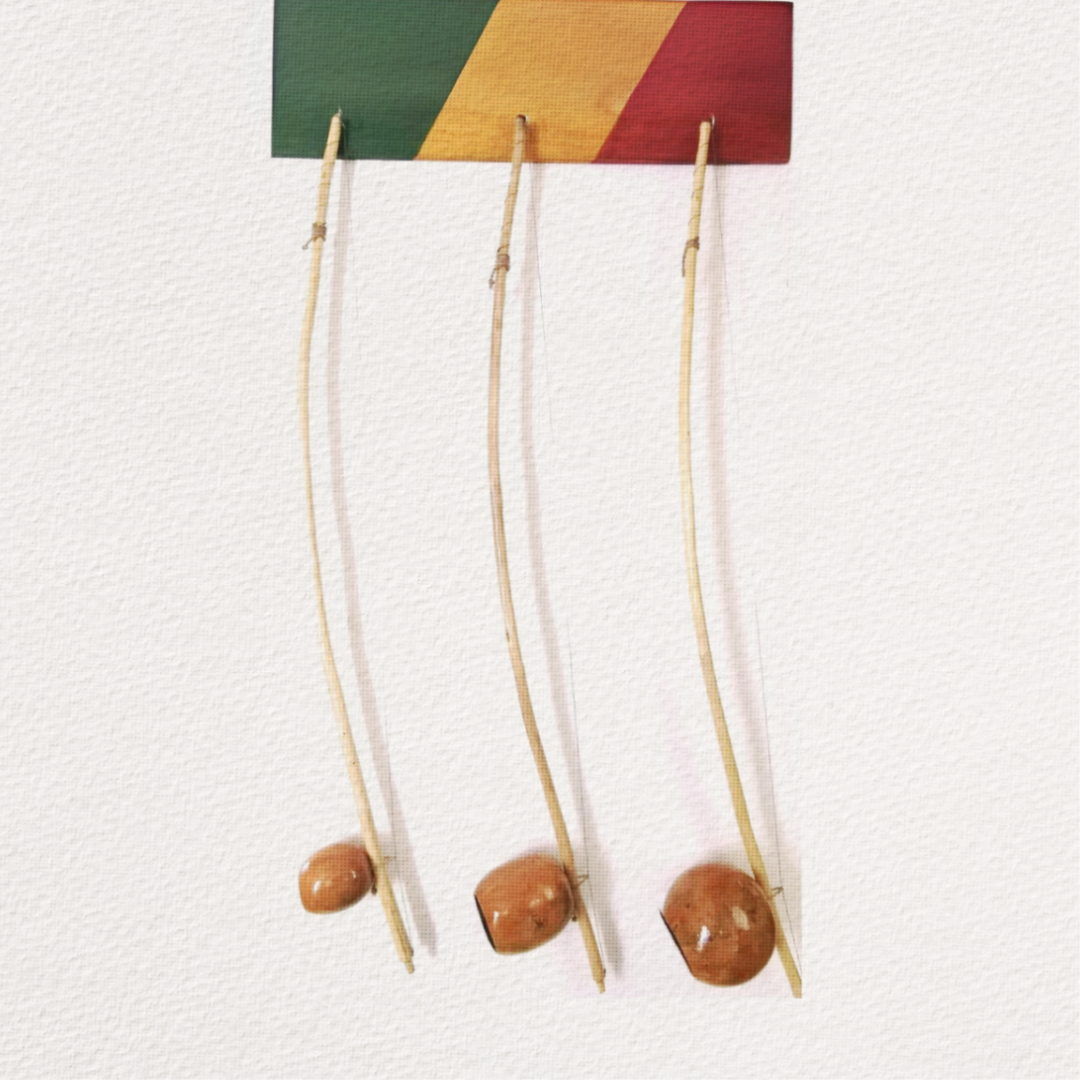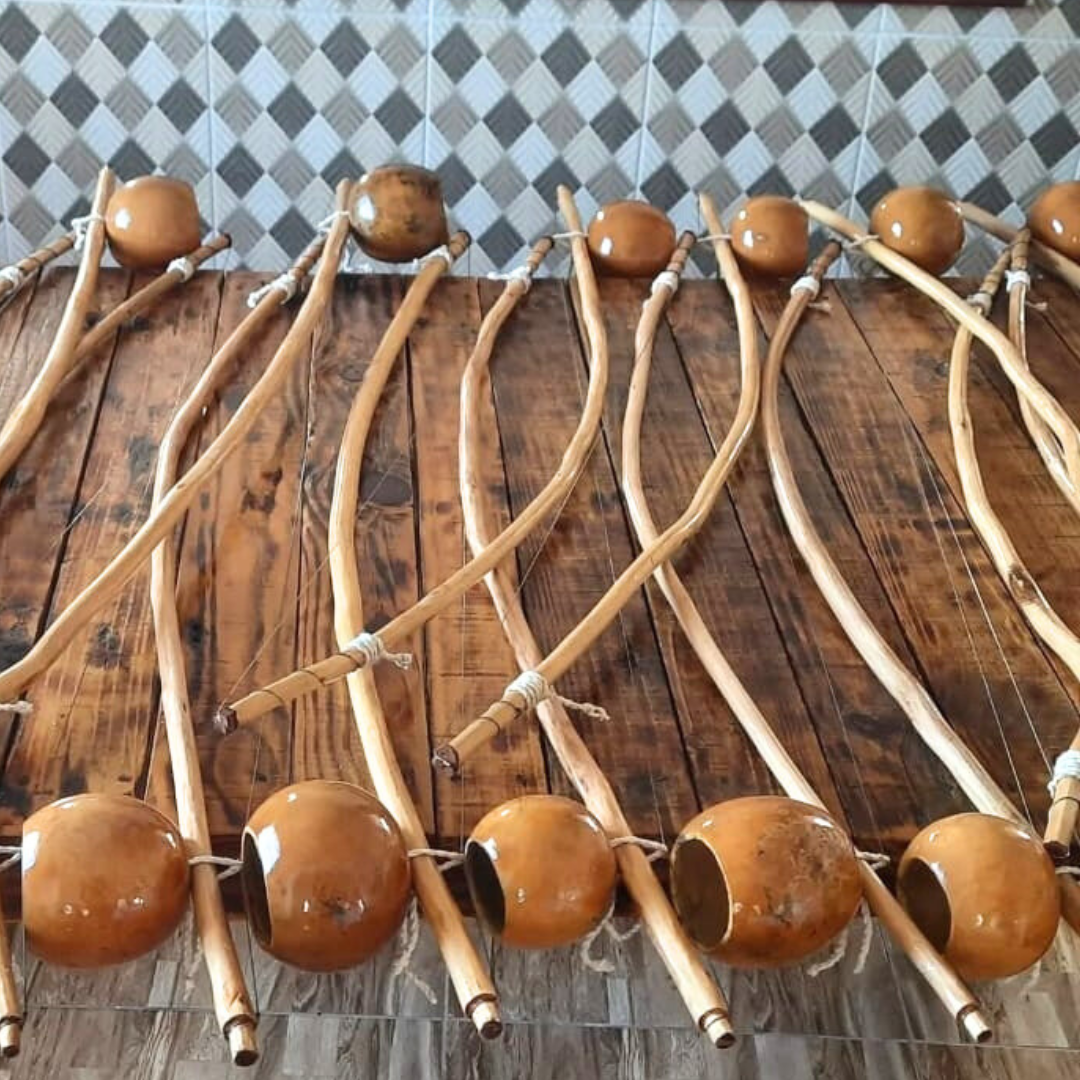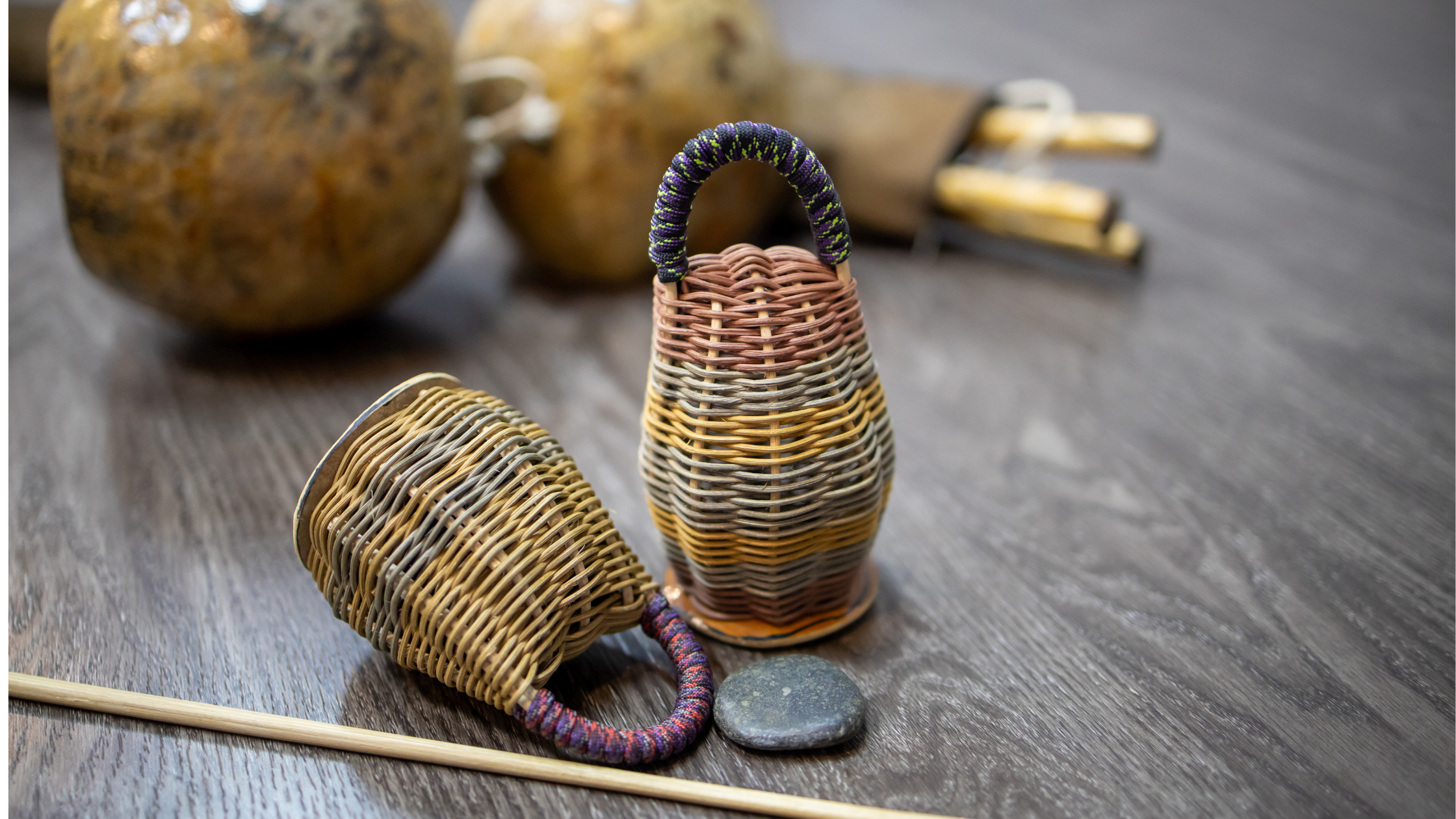Shipping a Brazilian berimbau—a cultural icon of capoeira—requires careful planning to navigate customs, avoid damage, and manage costs. This streamlined guide covers essential steps for a smooth international shipment.
1. Sourcing Your Berimbau: Trusted Export Partners
Purchasing from specialized exporters minimizes logistical headaches. CaxixiStore.com is a top choice, handling global shipping (including the USA, Japan, and EU) with end-to-end export documentation and secure packaging. They classify instruments correctly and offer door-to-door delivery.
Alternatively, artisanal shops like Berimbau Brazil craft high-quality instruments but may require you to arrange shipping independently, I can count also with companies like Iru International that help with international trade. Always confirm if the seller uses DDP (Delivered Duty Paid) Incoterms to prevent unexpected import taxes.
2. The Critical NCM Code: Avoiding Customs Disasters
Misclassifying your berimbau as "raw wood" (NCM Chapter 44) instead of a musical instrument risks fines up to R$5,000, delays, or seizure. The correct code is 9201.90.00 (Other musical instruments). This specifies a finished product, bypassing strict wood-export regulations. Demand this code on all invoices.
3. Shipping Methods: Balancing Speed and Cost
Postal Services (Correios) offer budget-friendly options like Exporta Fácil Standard ($60–$120 to the USA/EU), taking 15–30 days. For urgent shipments, Exporta Fácil Express reduces transit time by 20% at a 30% premium.
Couriers (DHL/FedEx) provide reliability:
-
DHL Express: 2–5 days delivery, ideal for high-value berimbaus.
-
FedEx International Priority®: Full tracking and customs support, costing $200–$400 for a 5-kg shipment to the USA.
For bulk orders (70+ kg), air freight like FedEx International Priority Freight® ships pallets in 1–3 days (from $500).
4. Packaging Essentials
Detach the gourd (cabaça) and loosen the steel wire (arame) to prevent tension damage. Wrap components in bubble wrap, secure them in a rigid triangular box with foam padding, and eliminate internal movement. For airline travel, use a hard case and declare as "special baggage."
5. Required Documentation
-
Commercial Invoice: Declare the accurate value (undervaluing invites scrutiny).
-
Certificate of Origin: Reduces tariffs in trade-agreement countries (e.g., EU).
-
Export Registry: Mandatory for commercial shipments exceeding $1,000 USD.
6. Cost Breakdown
|
Expense |
Estimated Range |
|
Mid-range berimbau |
$100–$300 |
|
Shipping (USA) |
$60 (Postal)–$400 (Courier) |
|
Import Tax (USA/EU) |
0–5% |
|
Total |
$160–$700+ |
📌 Brazil charges no export tax—only freight/insurance fees apply.
7. Mitigating Risks
-
Customs Delays: Pre-submit documents to carriers if using non-postal services.
-
Damage: 12% of uninsured instruments arrive broken. Opt for courier coverage.
-
Slow Transit: Postal services take 3x longer. Choose express options for events.
Final Tips
-
Prioritize exporters like CaxixiStore.com for seamless logistics, especially if you are exporting in great quantity (above 15 berimbaus)
-
Never compromise on NCM 9201.90.00—it’s your safeguard against customs chaos.
-
Insure shipments exceeding $200. Berimbaus are irreplaceable cultural artifacts.
With precise documentation and robust packaging, you’ll share the rhythm of capoeira across borders smoothly. 🎵✈️





























0 comments